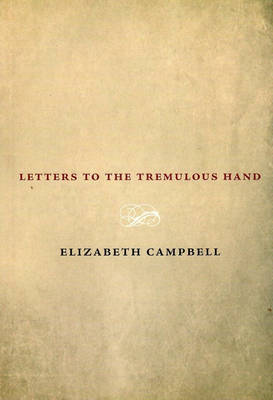Archive
Film | Theatre | Art | Opera | Music | Television | Festivals
Welcome to ABR Arts, home to some of Australia's best arts journalism. We review film, theatre, opera, music, television, art exhibitions – and more. To read ABR Arts articles in full, subscribe to ABR or take out an ABR Arts subscription. Both packages give full access to our arts reviews the moment they are published online and to our extensive arts archive.
Meanwhile, the ABR Arts e-newsletter, published every second Tuesday, will keep you up-to-date as to our recent arts reviews.
Recent reviews
Destined to Live: One woman's war, life, loves remembered by Sabina Wolanski (with Diana Bagnall)
Letters to the Tremulous Hand by Elizabeth Campbell & Man Wolf Man by L.K. Holt
The Secret War: A true history of Queensland's Native Police by Jonathan Richards
The Three Trillion Dollar War: The true cost of the Iraq Conflict by Joseph Stiglitz and Linda Bilmes
Writing Heritage: The depiction of Indigenous heritage in European-Australian writing by Michael Davis
communication / community / commune / communion / common : mingle together as one
Let us begin with two remarkable observations:
1. Apes cannot speak
2. Apes cannot play a piano
Why should this be the case? After all, great apes such as chimpanzees and gorillas are our closest living relatives, and share most of our genetic heritage. They have well-formed hands that they can use to manipulate their environment. Their brain is more like ours in its structure and organisation than that of any other animal; from it they generate some disturbingly familiar behavioural traits.
... (read more)John Button was rare man, rare for any time, any place and in any calling. The public face – the Senator John Button, long-time Leader of the Government in the Senate, the hands-on, hard-hat minister of the Button car plan, the policy innovator and party reformer, the straight talker, unbridled political wit, notorious doodler, note writer, and scribbler of politically incorrect postcards to Senator Bronwyn Bishop (imagine it!) – that is the John Button Australia knows. His achievements have been many and they are exemplary.
... (read more)






